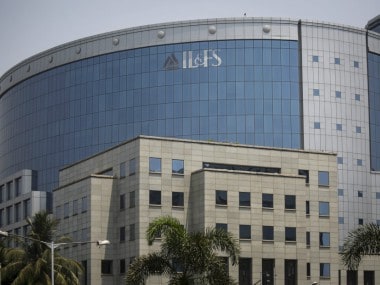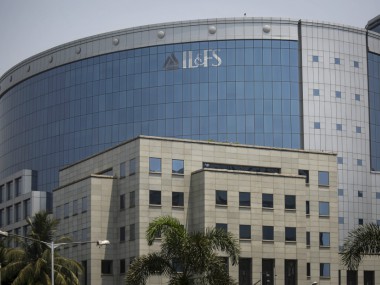There is a spate of resignation of auditors from SME companies in the first five months of 2019 witnessing an even more disturbing trend—a heightened proportion of resigning auditors, 66 percent, belonged to SME companies. Ground Zero is believed to be the IL&FS crisis whose root cause still remains in the realm of speculation despite two years having passed since the lid was blown off the inscrutable scam. It is widely known that IL&FS created some 348 Special Purpose Vehicles (SPV). And these SPVs were all the brainchildren of a bureaucrat-politician nexus. It is very well possible that most of the auditors who have resigned were of SME companies benefitting from IL&FS loan largesse. It is widely suspected that inflated loans were given to the SPVs incorporated to create and operate infrastructure projects like Expressways, with the excess over cost being spirited away by their promoters. It is against this backdrop that the spate of resignations is getting curiouser and curiouser. The Companies Act, 2013 curiously is not as demanding with respect to resignations as it is with removal and non-reappointment at annual general meetings (AGMs) during the course of their six-year tenure. A resigning auditor is required to inform the company and the Registrar of Companies within 30 days of his resignation in the prescribed form. Failure to do so attracts a penalty of Rs 50,000 to Rs 5 lakh. But when his reappointment is sought to be blocked, i.e. his term sought to be ended before six years, he is allowed to air his angst both through a written statement and speech at the AGM of the company. [caption id=“attachment_5251861” align=“alignleft” width=“380”]  Representational image. Reuters.[/caption] Pray, why was the same drill not prescribed for a resigning auditor given the fact that resignation points to something sinister going on in the company and the auditor wanting to wash his hands off from it? If an inconvenient auditor should not be removed easily without him being allowed to air all his grievances in full public view, the same drill should have been prescribed for resignation as well. An auditor, who has been incensed enough to resign, obviously knows all about the rotten eggs. He could be a fecund source of information for investigators. That he is resigning instead of glossing over the management’s misdeeds is a positive message for the investigators—he could spill the beans. In ROCs, office forms are more often than not filed without being read, much less acted upon. Similarly, the same form is bound to be hushed up by the company unless there is a mandate to circulate it among the members. The Ministry of Corporate Affairs (MCA) should wake up and go into the reasons for the spate of auditors’ resignation. Resignation is often to avoid the embarrassment of reporting shady deals and diversion of funds. The company law merely requires the vacancy caused by a resignation to be filled in by the general meeting within three months. This is brushing the issue under the carpet. The requirement should have been to call the resigning auditor to present his reasons for resignation. An auditor, and an honest one at that, who knows ‘too much’ is often eased out by the management by offering him a chance for resigning. Those made with sterner stuff are forced out through removal or non-reappointment. The reason for the auditor being in disfavor of the management under both, however, is the same. That being the case, a resignation should have merited the same drill as removal through non-reappointment. The MCA must swing into action. The spate of auditor resignations from SMEs could well be the open sesame for unraveling the truth behind the IL&FS crisis and its ripple effect on our banking system and mutual fund industry as also the private provident fund trusts. (The author is a senior columnist and tweets @smurlidharan)
It is widely known that IL&FS created some 348 Special Purpose Vehicles (SPV)
Advertisement
End of Article


)

)
)
)
)
)
)
)
)



